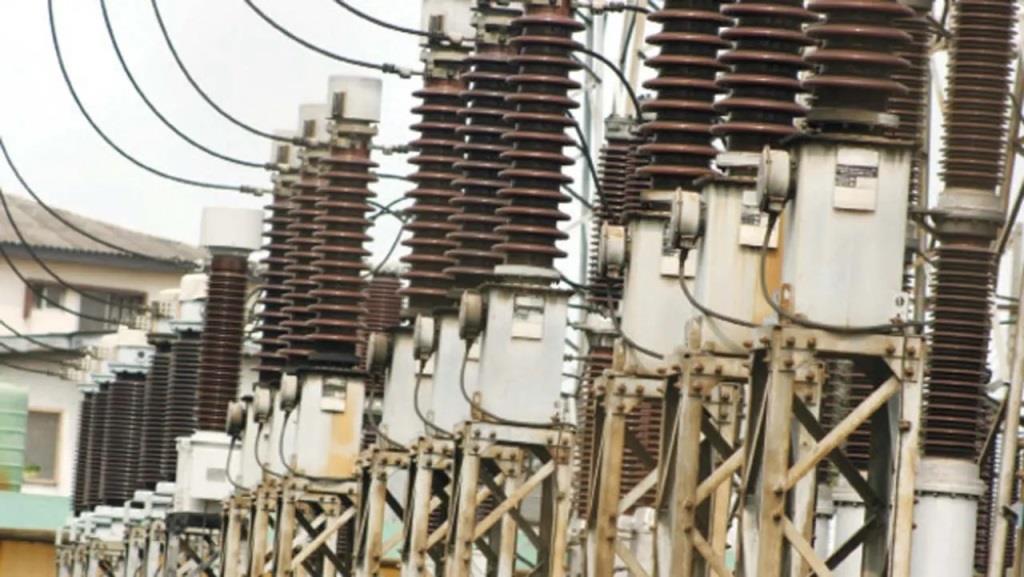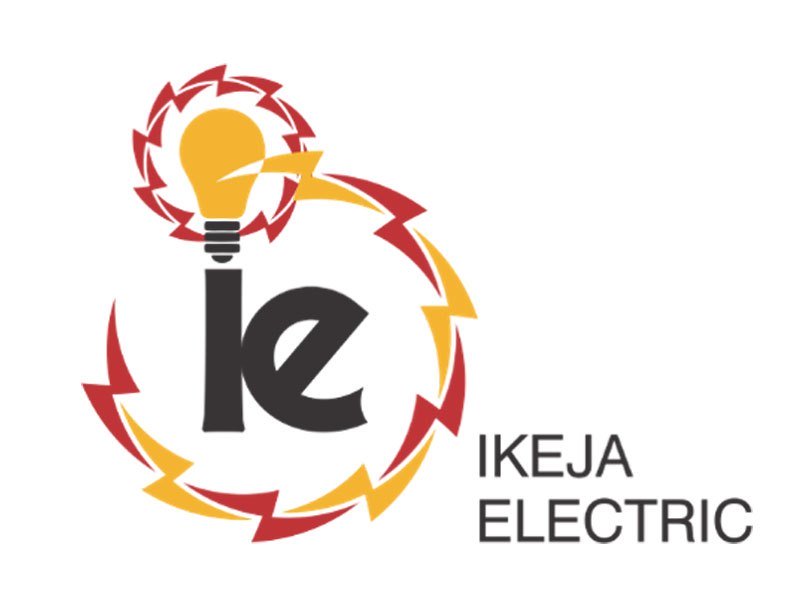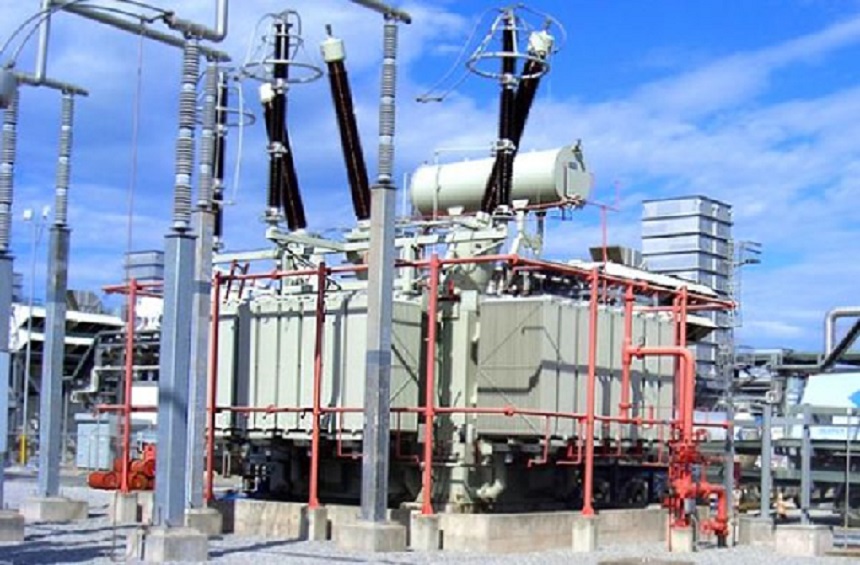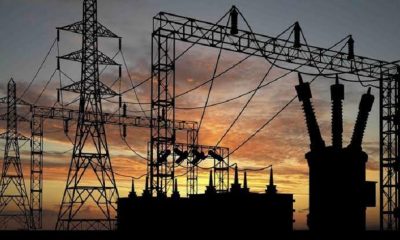Economy
PENGASSAN Calls for Privatisation of Nigeria’s National Grid

By Adedapo Adesanya
The Petroleum and Natural Gas Senior Staff Association of Nigeria (PENGASSAN) has charged the federal government to unbundle the country’s electricity national grid, to encourage private sector investments in the sector and improve power supply in the country.
This call was made by the National President of PENGASSAN, Mr Festus Osifo, who maintained that power supply remains a critical issue plaguing the country, as reliable and consistent electricity is the lifeline of any growing economy.
Mr Osifo, speaking at the National Executive Council meeting of the association in Port Harcourt recently, listed the key challenges in the sector to include inadequate power generation capacity, dilapidated and weak power infrastructure, as well as lack of investment in the power sector.
According to him, Nigeria’s current electricity generation was insufficient to meet the growing demands of the population and the nation’s industries, thus leading to frequent power outages and load shedding, disrupting the lives of ordinary citizens and impeding economic growth.
To tackle these challenges and improve power supply in Nigeria, PENGASSAN proffered several solutions, including increasing power generation capacity, rehabilitating and upgrading infrastructure, unbundling the national grid, encouraging private sector involvement and promoting energy efficiency.
“The government should focus on diversifying the energy mix by investing in renewable energy sources such as solar, wind, and hydroelectric power. This will reduce our dependency on fossil fuels and ensure a more stable and sustainable power supply.
“Significant investments must be made towards upgrading and modernizing our power transmission and distribution lines. This includes replacing old equipment, improving maintenance practices, and building new infrastructure to meet the demands of a growing population.
“Unbundling of the national grid. The national grid must be unbundled to smaller units scattered across different states of the federation. The government should create a conducive environment for private sector investments in the power sector,” adding, “This can be achieved through the formulation of favourable policies, providing incentives, and ensuring transparency and accountability in the industry.”
“Promoting energy efficiency and conservation: It is crucial to educate citizens and industries about energy-saving practices and incentivize the use of energy-efficient appliances. This will help reduce the overall energy demand and alleviate some pressure on the power grid.”
PENGASSAN also called for a national rebirth and reorientation, the need to tackle insecurity and rising cases of poverty in the country as well as the need for true democracy and credible elections in the country.
To tackle poverty in the country, the PENGASSAN boss said the government must prioritize inclusive economic policies that promote job creation, particularly in sectors with high potential for growth such as agriculture, manufacturing, and technology.
Mr Osifo regretted that despite being blessed with abundant natural resources, Nigeria’s economy has not translated into widespread prosperity for its citizens, noting that corruption, opaque governance, and inadequate access to education and healthcare exacerbate the cycle of poverty.
“To address these challenges, we must invest in education and healthcare, ensuring their availability and affordability to all citizens. This includes improving the quality of education by providing proper infrastructure, qualified teachers, and relevant curricula. It also entails strengthening healthcare systems and increasing the availability of essential services and medications.
“Additionally, corruption and opaque governance contribute significantly to the increase in poverty. Corruption diverts resources from essential public services and undermines trust in government, leading to a lack of implementation of effective policy frameworks and programs to mitigate poverty.
“To combat corruption and improve governance, it is imperative to establish transparent and accountable institutions. Strengthening anti-corruption agencies, enforcing strict penalties for corrupt practices, and promoting a culture of transparency.
“By investing in infrastructure, providing access to finance, and supporting entrepreneurship, we can generate employment opportunities and empower individuals and communities.”
Economy
NASD Unlisted Security Index Climbs 0.88%

By Adedapo Adesanya
The NASD Over-the-Counter (OTC) Securities Exchange maintained its upward trajectory with a further 0.88 per cent rise on Wednesday, March 3.
The expansion increased the NASD Unlisted Security Index (NSI) by 36.94 points to 4,256.41 points from 4,219.47 points, and lifted the market capitalisation by N22.10 billion to N2.546 trillion from Tuesday’s N2.524 trillion.
The six price gainers were responsible for the growth achieved by the unlisted securities market yesterday, with MRS Oil Plc adding N20.00 to trade at N230.00 per unit versus the previous day’s N210.00 per share.
Further, FrieslandCampina Wamco Nigeria Plc surged by N11.07 to N128.83 per share from N117.76 per share, Lagos Building Investment Company (LBIC) Plc grew by 37 Kobo to N4.12 per unit from N3.75 per unit, First Trust Mortgage Bank Plc advanced by 19 Kobo to N2.11 per share from N1.92 per share, Acorn Petroleum Plc rose by 1 Kobo to sell at N18.75 per unit versus the preceding day’s N18.74 per unit, and Acorn Petroleum Plc also gained 1 Kobo rise to sell at N1.35 per share versus N1.34 per share.
It was observed that two securities were in red at midweek, with Central Securities Clearing System (CSCS) Plc down by N1.56 to N82.59 per unit from N84.05 per unit, and Industrial and General Insurance (IGI) Plc down by 2 Kobo to 47 Kobo per share from 49 Kobo per share.
Yesterday, the volume of trades went up by 86.2 per cent to 2.6 million units from 1.4 million units, but the value of transactions deflated by 31.4 per cent to N64.1 million from N93.4 million, and the number of deals declined by 22.0 per cent to 46 deals from 59 deals.
CSCS Plc remained the most traded stock by value (year-to-date) with 36.4 million units valued at N2.2 billion, trailed by Okitipupa Plc with 6.3 million units traded for N1.1 billion, and Geo-Fluids Plc with 122.8 million units transacted for N480.4 million.
Resourcery Plc ended the day as the most traded stock by volume (year-to-date) with 1.05 billion units sold for N408.7 million, followed by Geo-Fluids Plc with 122.8 million units traded for N480.4 million, and CSCS Plc with 36.4 million units worth N2.2 billion.
Economy
Naira Falls to N1,387/$ at Official Market, N1,390/$1 at Parallel Market
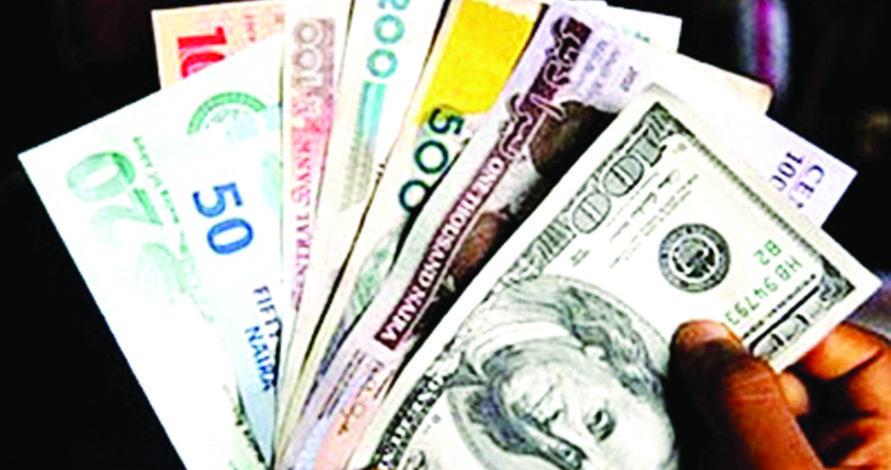
By Adedapo Adesanya
For the 11th straight trading session, the Naira closed lower against the United States Dollar in the Nigerian Autonomous Foreign Exchange Market (NAFEX) on Wednesday, March 4.
At the official market, it lost N2.80 or 0.2 per cent against the greenback to close at N1,387.09/$1, i contrast to the N1,384.29/$1 it was traded a day earlier.
It also depreciated against the Pound Sterling in the same market window at midweek by N12.88 to quote at N1,855.10/£1 versus Tuesday’s rate of N1,842.22/£1, and weakened against the Euro by N9.08 to N1,615.27/€1 from N1,606.19/€1.
The Nigerian Naira depreciated against the US Dollar yesterday at the GTBank forex counter by N12 to sell for N1,385/$1 compared with the previous day’s N1,373/$1, and tumbled by N5 in the parallel market to close at N1,390/$1 compared with the preceding day’s N1,385/$1.
The exchange rate has been trending downward for almost two weeks, though it has been resistant to being in panic mode because it is still within its projected N1,350 to N1,450 per Dollar band.
Nigeria’s gross external reserves climbed to $49.693 billion from $49.604 billion, based on the latest data from the Central Bank of Nigeria (CBN).
Meanwhile, the cryptocurrency market recovered after weeks of consolidation, but traders remain divided over whether the move marks a genuine breakout or another trap for late buyers.
Analysts have pointed to heavy overhead supply and positioning in derivatives markets as potential risks, with some suggesting a rally could only attract sellers rather than confirm a sustained recovery.
Dogecoin (DOGE) gained 8.3 per cent to trade at $0.0962, Ethereum (ETH) appreciated by 7.9 per cent to $2,122.87, Bitcoin (BTC) added 6.3 per cent to sell for $72,438.50, Solana (SOL) improved by 6.2 per cent to $90.37, and Cardano (ADA) jumped 5.1 per cent to $0.2733.
Further, Ripple (XRP) rose by 4.9 per cent to $1.41, Binance Coin (BNB) soared by 3.2 per cent to $652.64, and Litecoin (LTC) surged by 2.7 per cent to $56.09, while the US Dollar Tether (USDT) and the US Dollar Coin (USDC) traded flat at $1.00 each.
Economy
Crude Oil Steady Despite Rising Iran War Risks, Shipping Disruption

By Adedapo Adesanya
Crude oil prices were largely unchanged on Wednesday as escalating US and Israel strikes against Iran widened regional tensions and halted shipping through the Strait of Hormuz.
Brent crude was at $81.40 per barrel, while the US West Texas Intermediate (WTI) crude gained 10 cents or 0.1 per cent to trade at $74.66 per barrel.
Despite not much movement in midweek, analysts say prices remain elevated as markets grapple with the prospect of a prolonged war and lingering supply disruptions.
The US government has signalled a four- to five-week campaign, but Iran is seeking to regionalise the conflict, and the crucial Strait of Hormuz chokepoint is effectively shut.
The New York Times reported that operatives from Iran’s Ministry of Intelligence signalled openness to the US Central Intelligence Agency to talks on ending the war.
On Wednesday, US Defence Secretary Pete Hegseth said America was winning the war against Iran and that the US military could fight as long as needed.
While all other options are being explored, forces from both the US and Israel have struck targets across Iran, prompting Iranian retaliatory strikes against energy infrastructure in a region that accounts for just under a third of global oil production.
Iraq, the second-largest crude producer in the Organisation of the Petroleum Exporting Countries (OPEC), has cut output by nearly 1.5 million barrels a day due to storage limits and the lack of an export route.
The US said it was working on plans to secure the Strait of Hormuz to ensure safety for oil tankers amid the war with Iran.
President Donald Trump on Tuesday said the country’s Navy could begin escorting oil tankers through the strait if necessary. He added that he had ordered the US International Development Finance Corporation to provide political risk insurance and financial guarantees for maritime trade in the Gulf.
Meanwhile, countries and companies have begun seeking alternative routes and supplies of crude. India and Indonesia said they were looking for other supplies, while some Chinese refineries were shutting or moving up maintenance plans.
The Energy Information Administration (EIA) said on Wednesday that crude stocks rose by 3.5 million barrels in the last week to their highest in three and a half years.
-

 Feature/OPED6 years ago
Feature/OPED6 years agoDavos was Different this year
-
Travel/Tourism10 years ago
Lagos Seals Western Lodge Hotel In Ikorodu
-

 Showbiz3 years ago
Showbiz3 years agoEstranged Lover Releases Videos of Empress Njamah Bathing
-

 Banking8 years ago
Banking8 years agoSort Codes of GTBank Branches in Nigeria
-

 Economy3 years ago
Economy3 years agoSubsidy Removal: CNG at N130 Per Litre Cheaper Than Petrol—IPMAN
-

 Banking3 years ago
Banking3 years agoSort Codes of UBA Branches in Nigeria
-

 Banking3 years ago
Banking3 years agoFirst Bank Announces Planned Downtime
-

 Sports3 years ago
Sports3 years agoHighest Paid Nigerian Footballer – How Much Do Nigerian Footballers Earn


